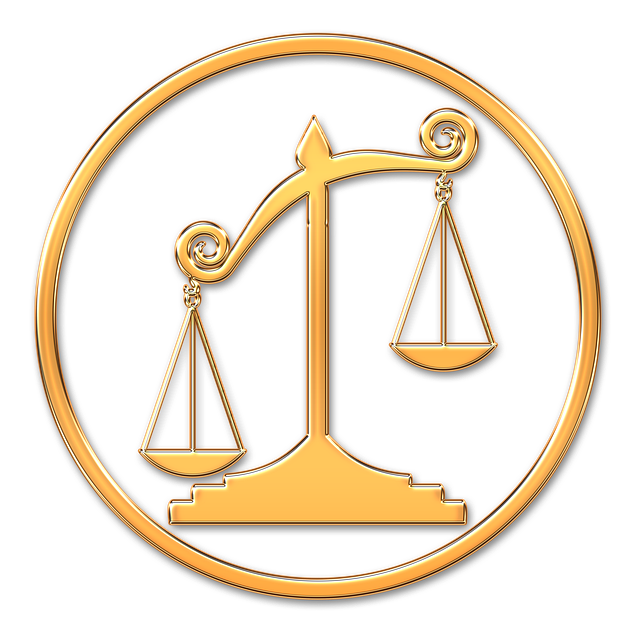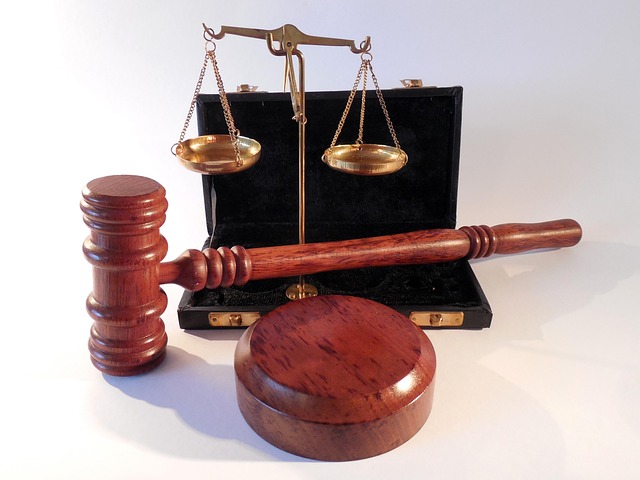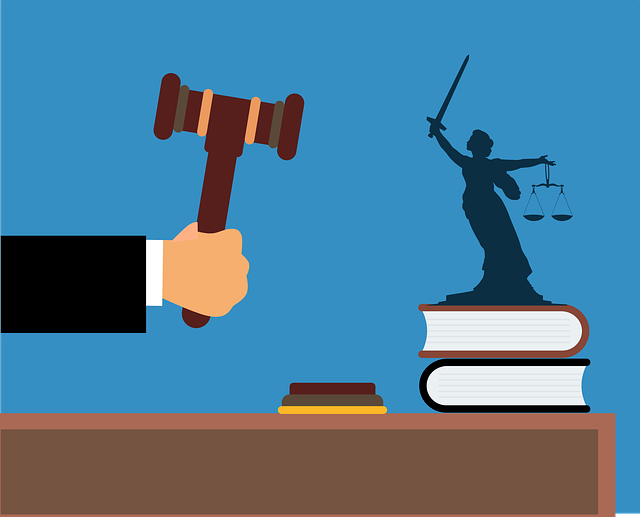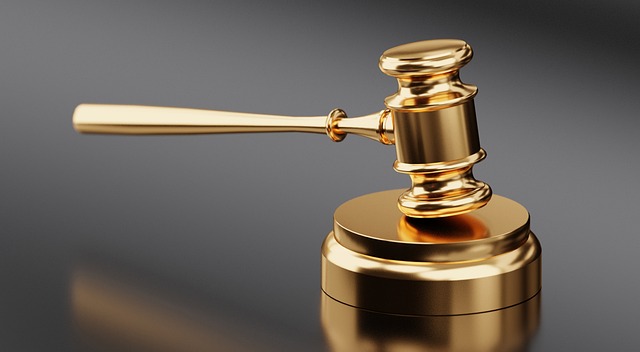Defamation of character, a serious legal issue, requires specialized legal advice to navigate complex interpretations and online disputes. Proving false statements made with malice caused harm and resulted in damages is crucial for success. Early intervention, evidence gathering, strategic guidance, and preventive measures like internal controls and staff training are vital for protecting reputations and avoiding liabilities in dynamic public spheres. Seek expert advice on defamation of character legal matters to ensure robust protection and foster ethical discourse.
In today’s digital landscape, understanding defamation of character and its regulatory compliance issues is paramount for businesses and individuals alike. This comprehensive guide delves into the intricacies of defamation laws and their impact, offering clear insights on character assault, legal action, and seeking justice. We also explore preventive measures to ensure business compliance, providing essential legal advice for navigating these complex issues effectively.
- Understanding Defamation Laws and Their Impact
- Character Assault: What Constitutes Legal Action?
- Seeking Justice: Steps After Defamation Occurs
- Preventive Measures: Ensuring Business Compliance
Understanding Defamation Laws and Their Impact

Defamation laws play a crucial role in protecting individuals’ reputations, especially in the digital age where false information can spread rapidly. Defamation of character refers to making false statements about someone that harm their reputation and, in some cases, lead to loss of opportunities or damage to their relationships within the philanthropic and political communities, as well as corporate and individual clients. Seeking legal advice on defamation is essential to understand the boundaries between freedom of speech and actionable claims.
Knowing how to navigate these laws can be complex, especially with an unprecedented track record of online disputes. From social media posts to public statements, what constitutes defamation varies across jurisdictions. Legal experts can provide guidance on identifying defamatory content, understanding defenses against such claims, and implementing strategies to mitigate potential risks. This proactive approach ensures individuals and organizations protect their rights while fostering a more responsible and ethical discourse in public spheres.
Character Assault: What Constitutes Legal Action?

Character assault, or defamation of character, is a serious legal matter that can have significant implications for an individual’s reputation and future opportunities. It refers to making false statements about someone, which harm their reputation and may lead to loss of standing in their community or field. To pursue legal action for character assault, individuals must prove four key elements: the statement was false, it was made with malice, it caused harm, and damages were incurred as a result.
Seeking legal advice is crucial when facing such accusations, as defending against defamation cases can be complex. Across the country, many have successfully won challenging defense verdicts, securing complete dismissal of all charges. This highlights the importance of robust legal representation in navigating these disputes, ensuring individuals’ rights are protected and their reputation upheld.
Seeking Justice: Steps After Defamation Occurs

When defamation of character occurs, it’s crucial to understand the steps involved in seeking justice. The initial response should be to gather evidence, document the instances of defamation, and consult with a legal professional specializing in defamation cases. This is essential, as proper legal advice can guide you through the complexities of the law and help determine the most effective course of action.
For individuals or businesses dealing with defamation, especially within the philanthropic and political communities or when interacting with corporate and individual clients, navigating all stages of the investigative and enforcement process requires strategic planning. Prompt action is key; the sooner you address the issue, the better the chances of mitigating damage to your reputation and securing appropriate remedies under the law.
Preventive Measures: Ensuring Business Compliance

Preventive measures are paramount to ensuring business compliance and mitigating regulatory risks. Organizations should implement robust internal controls, regular staff training, and clear policies to steer clear of legal pitfalls. Stay ahead of changing regulations by maintaining a proactive approach, which involves regularly reviewing and updating compliance programs. This proactivity can significantly reduce the likelihood of costly violations or, worse, high-stakes cases like white-collar and economic crimes that could damage the company’s reputation and lead to substantial financial losses.
Seeking legal advice is a strategic step in this process, especially when navigating complex regulatory landscapes. Defamation of character legal advice, for instance, can help businesses understand their rights and obligations regarding public statements and marketing practices, safeguarding them from potential liabilities. By fostering a culture of compliance and embracing proactive strategies, companies can better protect themselves against the far-reaching consequences of regulatory non-compliance, including jury trials and severe financial repercussions.
In navigating regulatory compliance issues, particularly regarding defamation of character, it’s crucial to understand the legal landscape and take proactive steps. By familiarizing yourself with defamation laws, recognizing character assault, and knowing the post-defamation justice paths, you can better protect your business. Additionally, implementing preventive measures ensures ongoing compliance, safeguarding your brand from potential legal pitfalls. When facing such challenges, seeking specialized defamation of character legal advice is essential for navigating a complex issue effectively.






